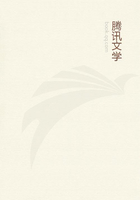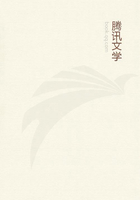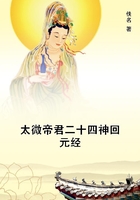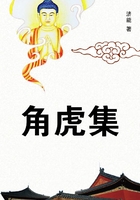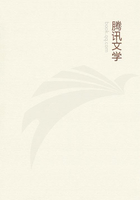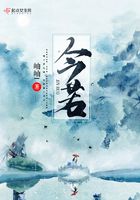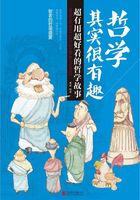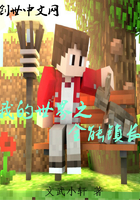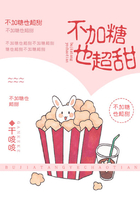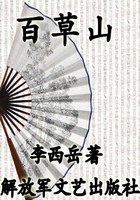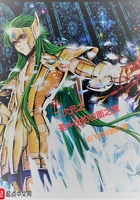Camping with the Nez Perces Soon after they had fixed their camp, the explorers bade farewell to their good friend Tunnachemootoolt and his young men, who returned to their homes farther down the river.
Others of the Nez Perce, or Chopunnish, nation visited them, and the strangers were interested in watching the Indians preparing for their hunt. As they were to hunt the deer, they had the head, horns, and hide of that animal so prepared that when it was placed on the head and body of a hunter, it gave a very deceptive idea of a deer; the hunter could move the head of the decoy so that it looked like a deer feeding, and the suspicious animals were lured within range of the Indians' bow and arrow.
On the sixteenth of May, Hohastillpilp and his young men also left the white men's camp and returned to their own village.
The hunters of the party did not meet with much luck in their quest for game, only one deer and a few pheasants being brought in for several days. The party were fed on roots and herbs, a species of onion being much prized by them.
Bad weather confined them to their camp, and a common entry in their journal refers to their having slept all night in a pool of water formed by the falling rain; their tent-cover was a worn-out leathern affair no longer capable of shedding the rain.
While it rained in the meadows where they were camped, they could see the snow covering the higher plains above them; on those plains the snow was more than a foot deep, and yet the plants and shrubs seemed to thrive in the midst of the snow.
On the mountains the snow was several feet in depth.
The journalist says: "So that within twenty miles of our camp we observe the rigors of winter cold, the cool air of spring, and the oppressive heat of midsummer." They kept a shrewd lookout for the possibilities of future occupation of the land by white men; and, writing here of country and its character, the journalist says:
"In short, this district affords many advantages to settlers, and if properly cultivated, would yield every object necessary for the comfort and subsistence of civilized man."
But in their wildest dreams, Captains Lewis and Clark could not have foreseen that in that identical region thrifty settlements of white men should flourish and that the time would come when the scanty remnant of the Chopunnish, whom we now call Nez Perces, would be gathered on a reservation near their camping-place.
But both of these things have come to pass.
In describing the dress of the Chopunnish, or Nez Perces, the journal says that tippets, or collars, were worn by the men.
"That of Hohastillpilp," says the journal, "was formed of human scalps and adorned with the thumbs and fingers of several men slain by him in battle." And yet the journal immediately adds:
"The Chopunnish are among the most amiable men we have seen.
Their character is placid and gentle, rarely moved to passion, yet not often enlivened by gayety." In short, the Indians were amiable savages; and it is a savage trait to love to destroy one's enemies.
Here is an entry in the journal of May 19 which will give the reader some notion of the privations and the pursuits of the party while shut up in camp for weary weeks in the early summer of 1806:--"After a cold, rainy night, during a greater part of which we lay in the water, the weather became fair; we then sent some men to a village above us, on the opposite side, to purchase some roots.
They carried with them for this purpose a small collection of awls, knitting-pins, and armbands, with which they obtained several bushels of the root of cows, and some bread of the same material.
They were followed, too, by a train of invalids from the village, who came to ask for our assistance. The men were generally afflicted with sore eyes; but the women had besides this a variety of other disorders, chiefly rheumatic, a violent pain and weakness in the loins, which is a common complaint among them; one of them seemed much dejected, and as we thought, from the account of her disease, hysterical.
We gave her thirty drops of laudanum, and after administering eye-water, rubbing the rheumatic patients with volatile liniment, and giving cathartics to others, they all thought themselves much relieved and returned highly satisfied to the village.
We were fortunate enough to retake one of the horses on which we [Captain Lewis] had crossed the Rocky Mountains in the autumn, and which had become almost wild since that time."
A day or two later, the journal has this significant entry:
"On parcelling out the stores, the stock of each man was found to be only one awl, and one knitting-pin, half an ounce of vermilion, two needles, a few skeins of thread, and about a yard of ribbon--a slender means of bartering for our subsistence; but the men have been so much accustomed to privations that now neither the want of meat nor the scanty funds of the party excites the least anxiety among them."
To add to their discomfort, there was a great deal of sickness in the camp, owing to the low diet of the men. Sacajawea's baby was ill with mumps and teething, and it is suggested that the two captains would have been obliged to "walk the floor all night," if there had been any floor to walk on; as it was, they were deprived of their nightly rest.
Here is an example of what the doctors would call heroic treatment by Captain Clark, who conducted all such experiments:--"With one of the men [Bratton] we have ventured an experiment of a very robust nature. He has been for some time sick, but has now recovered his flesh, eats heartily, and digests well, but has so great a weakness in the loins that he cannot walk or even sit upright without extreme pain. After we had in vain exhausted the resources of our art, one of the hunters mentioned that he had known persons in similar situations to be restored by violent sweats, and at the request of the patient, we permitted the remedy to be applied.
For this purpose a hole about four feet deep and three in diameter was dug in the earth, and heated well by a large fire in the bottom of it.

